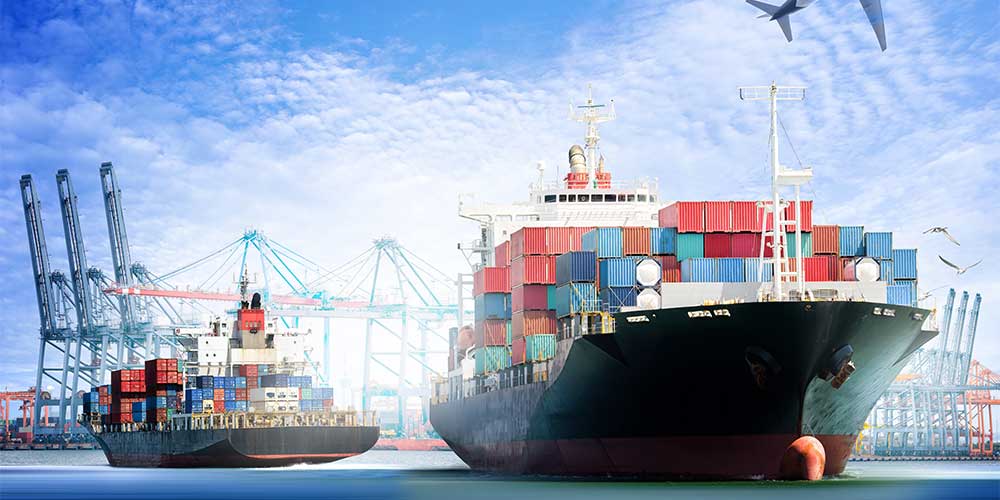The Frequency and Causes of Cargo Container Losses at Sea: A Comprehensive Analysis

Cargo container transportation plays a vital role in global trade, facilitating the movement of goods across oceans. However, incidents of cargo containers falling off ships can have significant economic, environmental, and safety implications. In this blog post, we will delve into the frequency, causes, and potential solutions to address this issue.
- Understanding the Frequency:
Cargo container losses at sea are relatively rare, but when they occur, the consequences can be severe. According to industry reports, an estimated 1,382 containers were lost at sea in 2020. While this number represents a small fraction of the total containers transported, it highlights the need for proactive measures to mitigate such incidents. - Factors Contributing to Container Losses:
a) Extreme Weather Conditions: Adverse weather, including storms, high winds, and rough seas, can lead to container losses. The impact of climate change and the increasing frequency of extreme weather events further emphasize the need for improved container securing methods.
b) Improper Stowage and Securing: Inadequate stowage and securing practices during loading can result in containers shifting or toppling overboard. Insufficient lashing, improper weight distribution, and inadequate container maintenance contribute to these incidents.
c) Vessel Design and Stability: The design and stability of cargo ships play a crucial role in preventing container losses. Factors such as hull strength, container stack height, and vessel motion in different sea conditions need to be considered to minimize the risk of containers falling off.
- Industry Initiatives and Solutions:
a) Enhanced Regulations and Guidelines: International organizations, such as the International Maritime Organization (IMO), continuously work towards improving regulations and guidelines for container securing. These initiatives aim to standardize best practices and ensure compliance across the industry.
b) Technological Innovations: The development of advanced container tracking systems, including GPS and RFID technologies, enables real-time monitoring of container movements. This allows for early detection of potential issues and timely intervention to prevent container losses.
c) Training and Education: Proper training of seafarers, port workers, and cargo handlers is crucial to ensure the correct handling and securing of containers. Educational programs and certifications can help raise awareness and promote best practices within the industry.
Conclusion:
The frequency of cargo containers falling off ships is a concern that requires attention from various stakeholders. By understanding the causes and implementing proactive measures, such as improved stowage practices, vessel design enhancements, and technological innovations, the industry can work towards minimizing container losses at sea. Through collaborative efforts and continuous improvement, we can ensure safer and more efficient global trade.